19. The Raid: Redemption (Gareth Evans, 2011, Indonesia)
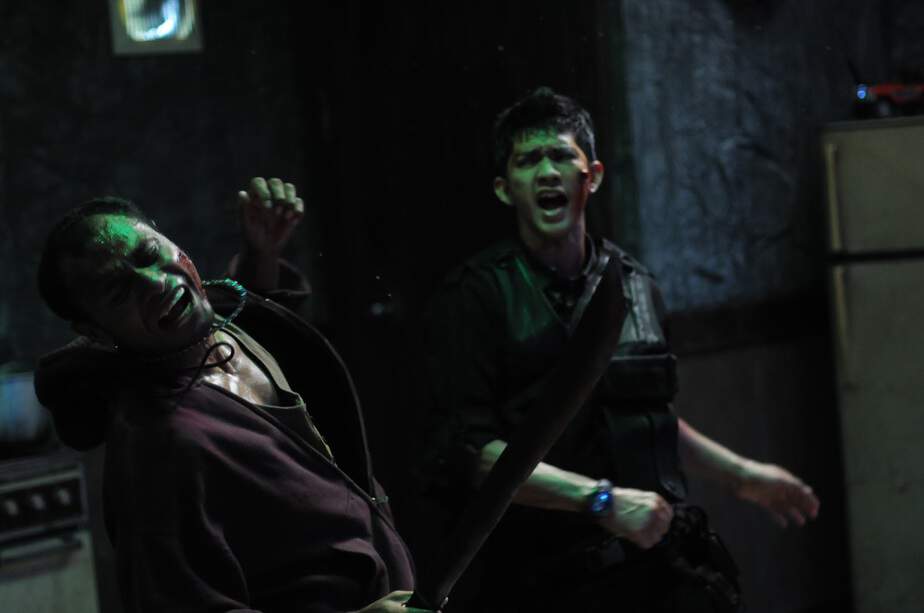
Martial art films are an entertaining genre. Usually, they are simple plot wise, but pulling off a good martial art film is a big challenge; pulling off a great one, a monumental task. “The Raid” is one such great movie. Released on 23rd March 2012, and directed by Gareth Evans, this is an action packed movie, which leaves you at the edge of your seat all along the way. (Anand Singh)
Buy This Title
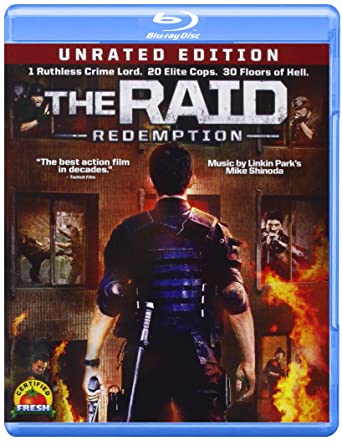
18. A Touch of Sin (Jia Zhangke, 2013, China)

In what Jia Zhagke has defined “a modern-day Wuxia”, the director takes a radical and shocking deviation from the calm realism of his previous works. “A Touch of Sin” is an explosive and dark portrait of contemporary China's huge economic inequality and the damage caused by the vicious circle of desire-frustration-revenge. A mining company worker (Jiang Wu), a motorcyclist (Wang Baoqiang), a receptionist at a sauna (Zhao Tao) and a young man (Luo Lanshan) are the protagonists of four interrelated tales of inner torment and the great deal of anger and frustration which leads to extreme and painful decisions and scramble the lives of the characters. Based on real stories found on Weibo, “A Touch of Sin” speaks the universal language of people pushed to violence by discrimination and it's a powerful critique of the harm inflicted by extreme forms of capitalism. (Adriana Rosati)
Buy This Title
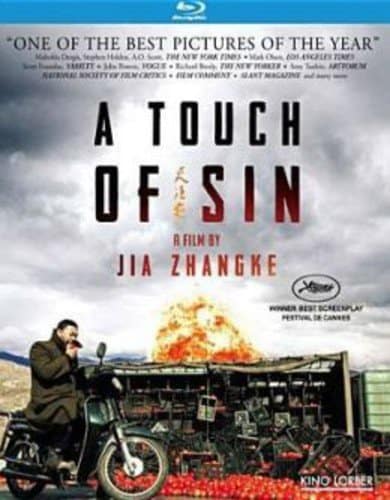
17. Copy of My Mind (Joko Anwar, 2016, Indonesia)

Shot in just 8 days in true guerrilla fashion, with Joko Anwar placing his actors in neighborhoods in Jakarta that neither police nor army would accompany them, “A Copy of my Mind” proves that talent, planning and expertise do not need time in order to achieve a great outcome. Financed by the S. Korean powerhouse CJ Entertainment, the film is the first part of a trilogy… Joko Anwar directs a film that cruises through the genres, as it begins like a realistic drama, then becomes a romance and eventually a thriller with political elements. Furthermore, his distinct sense of humor is always present, and exemplified in scenes like the one with the gay porn. Apart from that, the movie features much less violence than his previous works (“The Forbidden Door” for example), although it is not completely absent. The political message is quite poignant and derives from the concept of the crime lord and her dealings with the authorities, in a segment that is largely based on true events. (Panos Kotzathanasis)
16. Right Now, Wrong Then (Hong Sang-soo, 2015, S. Korea)
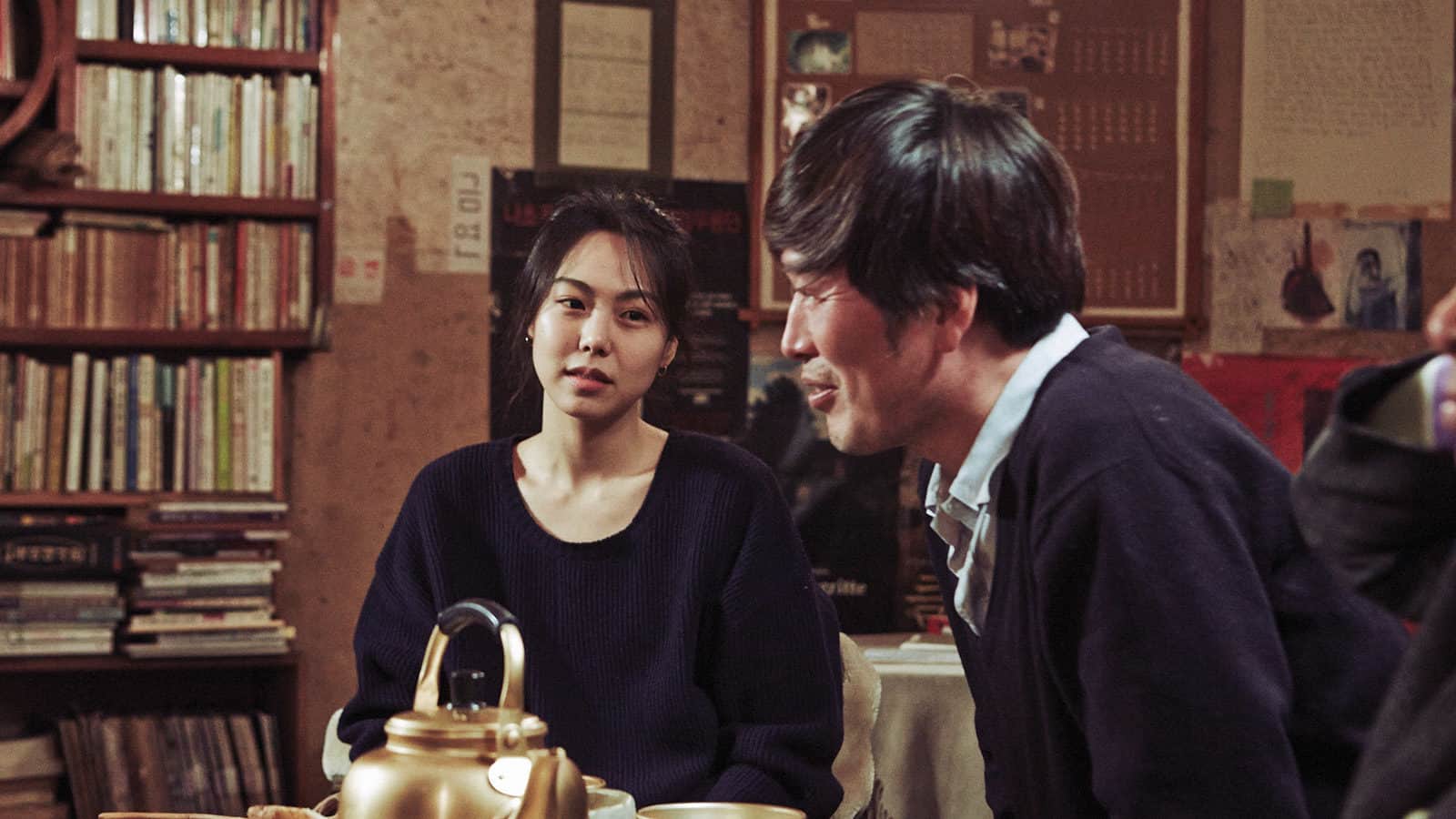
Hong Sang Soo directed a naturalistic film, a fact stressed by the magnificent performances of the two protagonists, Jung Jae Young as Chun Su and Kim Min Hee as Yoon Hee Jung. His usual cinematographic style, including long takes interrupted by sudden zooms is also evident here, as is his unique and unexpected sense of humor. His message is quite clear: the little choices we embrace everyday can alter the course of our whole life. (Panos Kotzathanasis)
15. Your Name (Makoto Shinkai, 2016, Japan)

“Your Name” both aesthetically and thematically suggests that the spiritual still lies within the neon lights of our digital lives and should be embraced in order to fully be in the world rather than apart from it… “Your Name”is an experience, an emotional, haptic and visceral journey through time and memory that grabs your attention and doesn't let you go until long after the final credit has rolled. (Colette Balmain)
Buy This Title
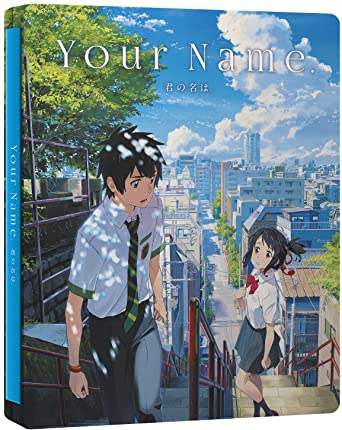
14. Jinpa (Pema Tseden, 2018, Tibet)

Pema Tseden directs one of the best films of the year, particularly through a very entertaining mixing of genres, that also manages to have depth and substance, while providing food for thought. In that fashion, the concept of the truck driver who looks and occasionally acts like a rock star in the barren environment the film takes place in, unfolds like both Mad Max and a Sergio Leone western, with the scene in the bar on the road adding to this essence even more. And while the film unfolds like a strange road movie, the ending completely changes its whole perspective, blurring the actual events and putting the audience in a position of pondering what has actually happened, and where the borders of reality stop and those of fantasy and dream begin… “Jinpa” is a great movie that manages to combine a number of elements into a very entertaining and thought provoking package that will satisfy audiences of almost every kind. (Panos Kotzathanasis)
Buy This Title
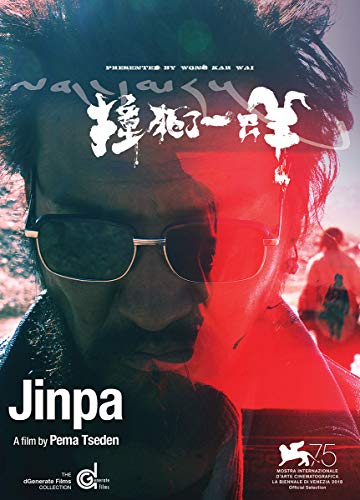
13. Killing (Shinya Tsukamoto, 2018, Japan)
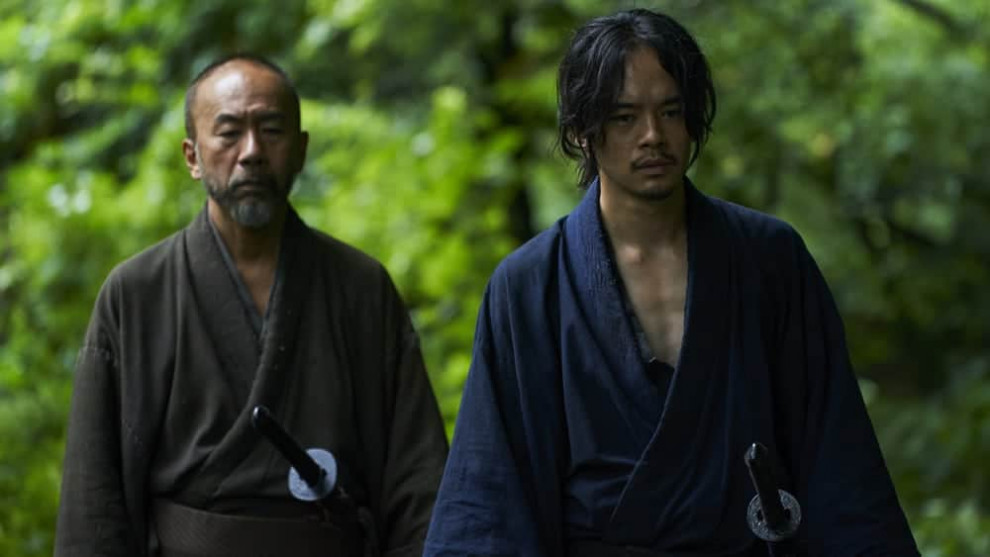
The beauty of the samurai ways and particularly of the swordsmanship is also highlighted through Tsukamoto's and Satoshi Hayashi's cinematography, with Tsuzuki functioning as the vessel for this tactic, but this lasts only briefly, as the reality deriving mostly from violence eventually takes over, again deconstructing anything about the concept that could be described as even remotely positive… “Killing” presents an impressive combination of meaningfulness and aesthetics that results in one of the best films of the year, and a truly worthy entry to the samurai genre, through its extreme, but quite realistic approach to the whole concept. (Panos Kotzathanasis)
Buy This Title
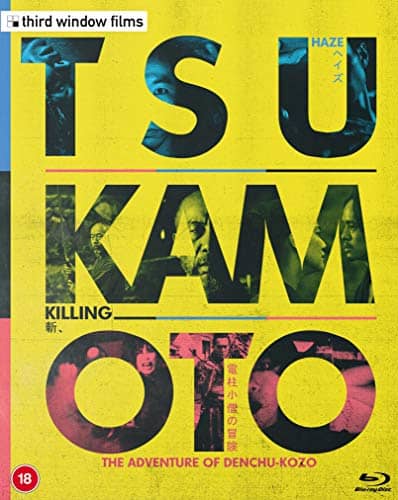
12. Long Day's Journey Into the Night (Bi Gwan, 2018, China)
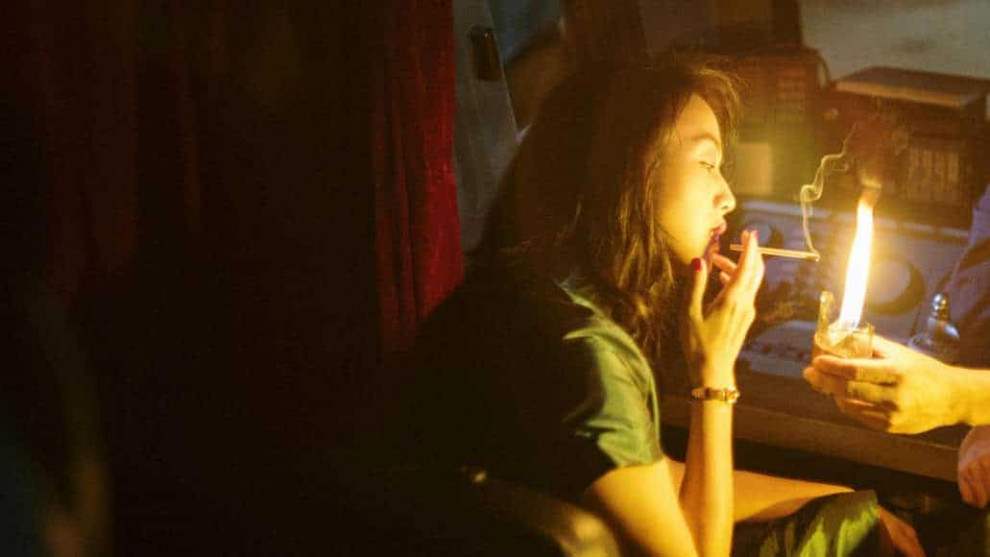
Evidently, at 140 minutes, “Long Day's Journey Into the Night” is not an easy film to watch, and the fact remains that it is in no way addressed to the mainstream audience. If one could go past the lack of coherence in the narrative and instead focus on its aesthetics, however, he would definitely enjoy a truly artful movie. Evidently, at 140 minutes, “Long Day's Journey Into the Night” is not an easy film to watch, and the fact remains that it is in no way addressed to the mainstream audience. If one could go past the lack of coherence in the narrative and instead focus on its aesthetics, however, he would definitely enjoy a truly artful movie. (Panos Kotzathanasis)
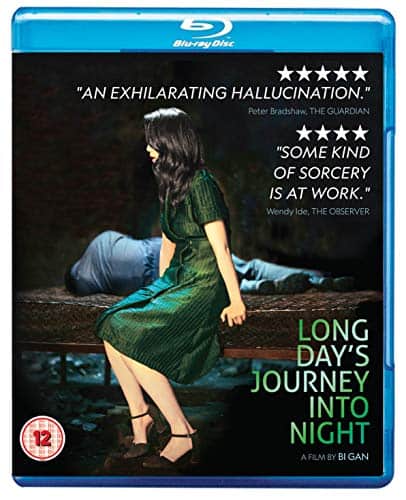
11. Cemetary of Splendor (Apichatpong Weerasethakul, 2015, Thailand)
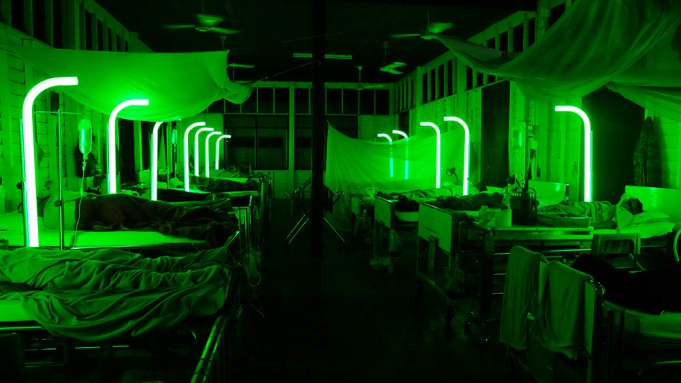
Apichatpong Weerasethakul's tales resemble a labyrinth stretched between dreams and reality. “Cemetery of Splendour” is no exception from his signature minimalistic style, thus now he turns to semi-autobiographical elements, drawing inspiration from his childhood memories. Poetic metaphors are a creative mask to address the political and historical reality of Thailand. Through the non-hurried, observant story of soldiers suffering from bizarre coma treated at an abandoned school's building, the director explores the subconscious mind of his nation. The movie, non-obvious, non-linear, and elusive as only a dream may be, is a hypnotic manifesto of artistic freedom. (Joanna Konczak)
Buy This Title

The article continues on the next page
Subscribe to AMP newsletter by clicking on the image below



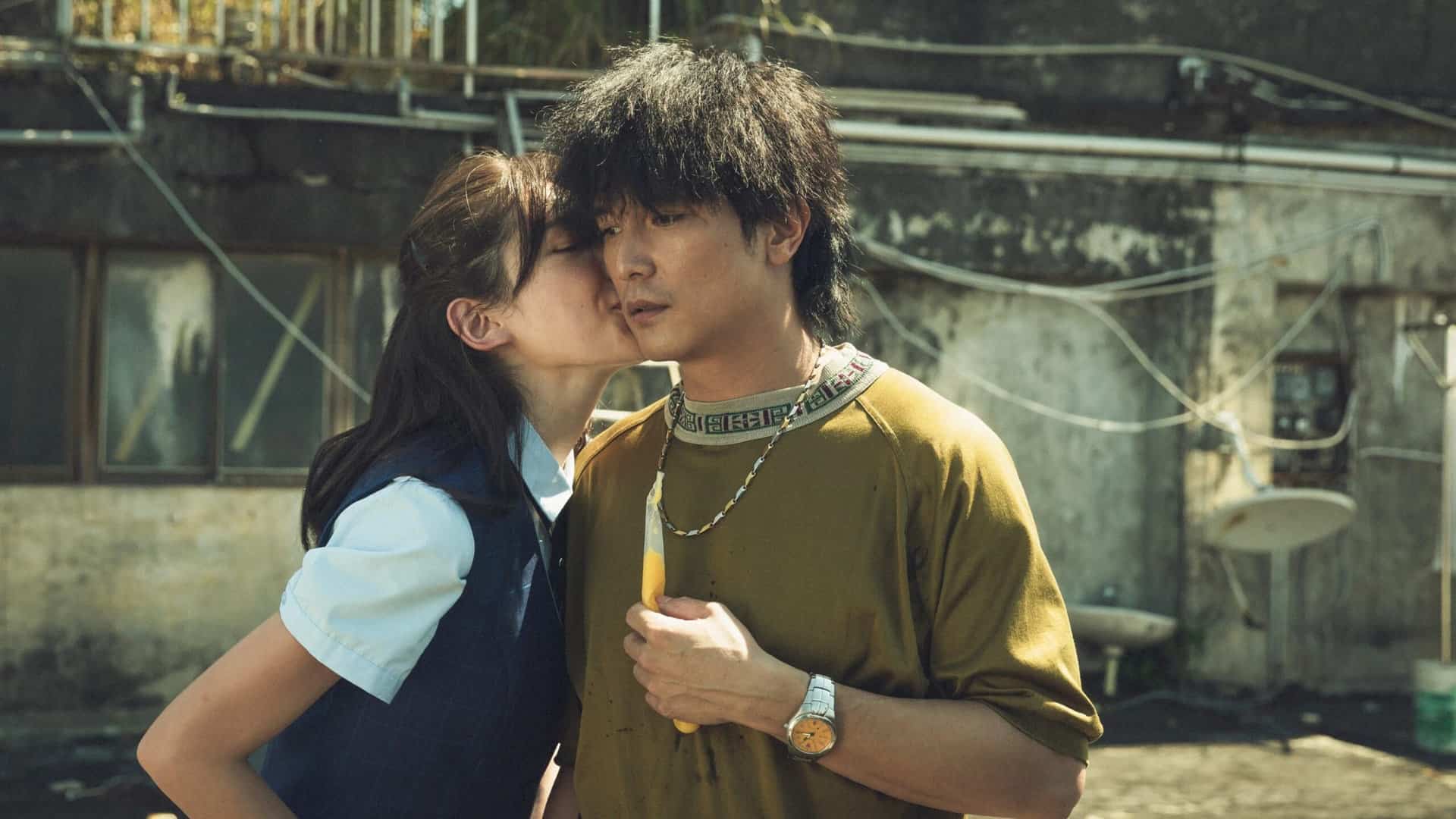
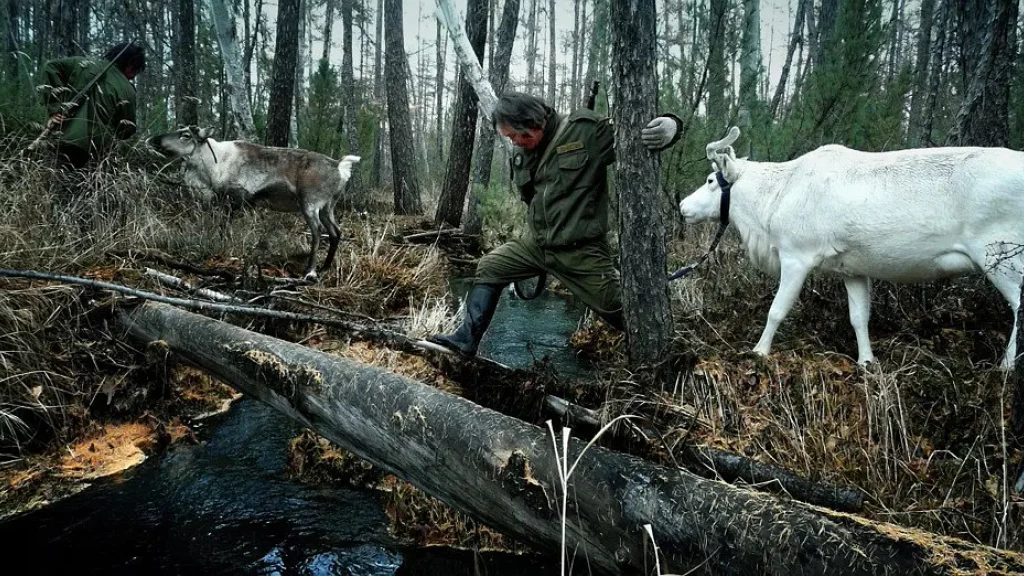

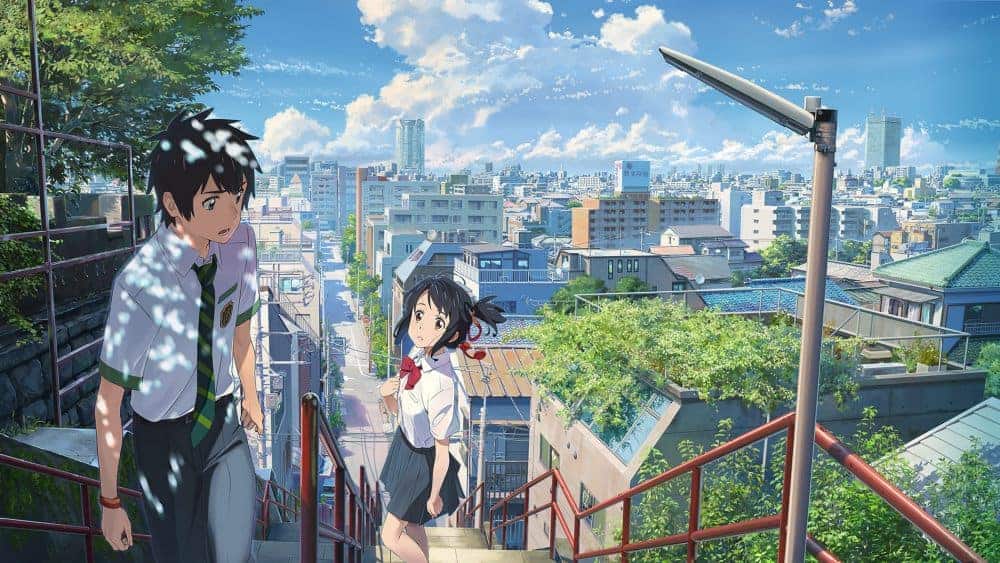
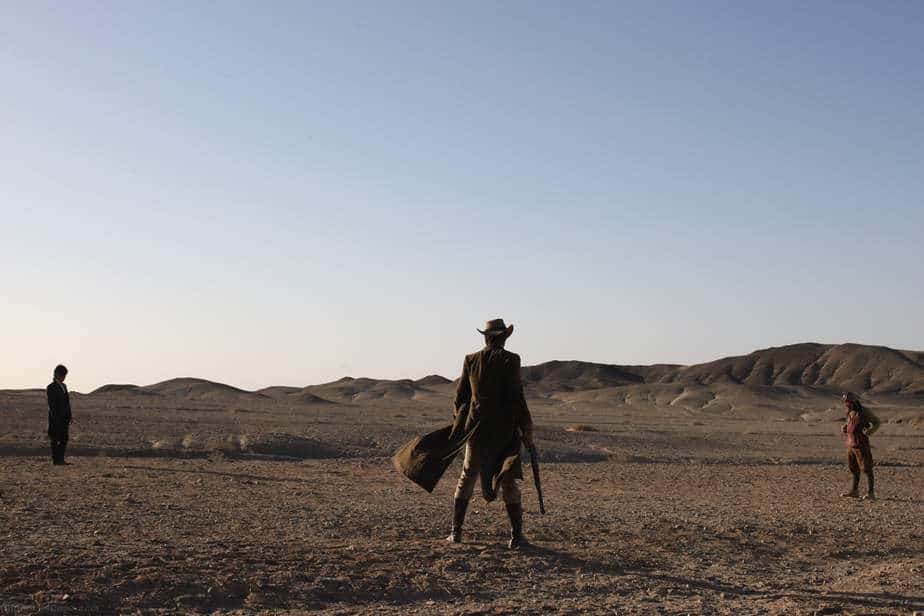
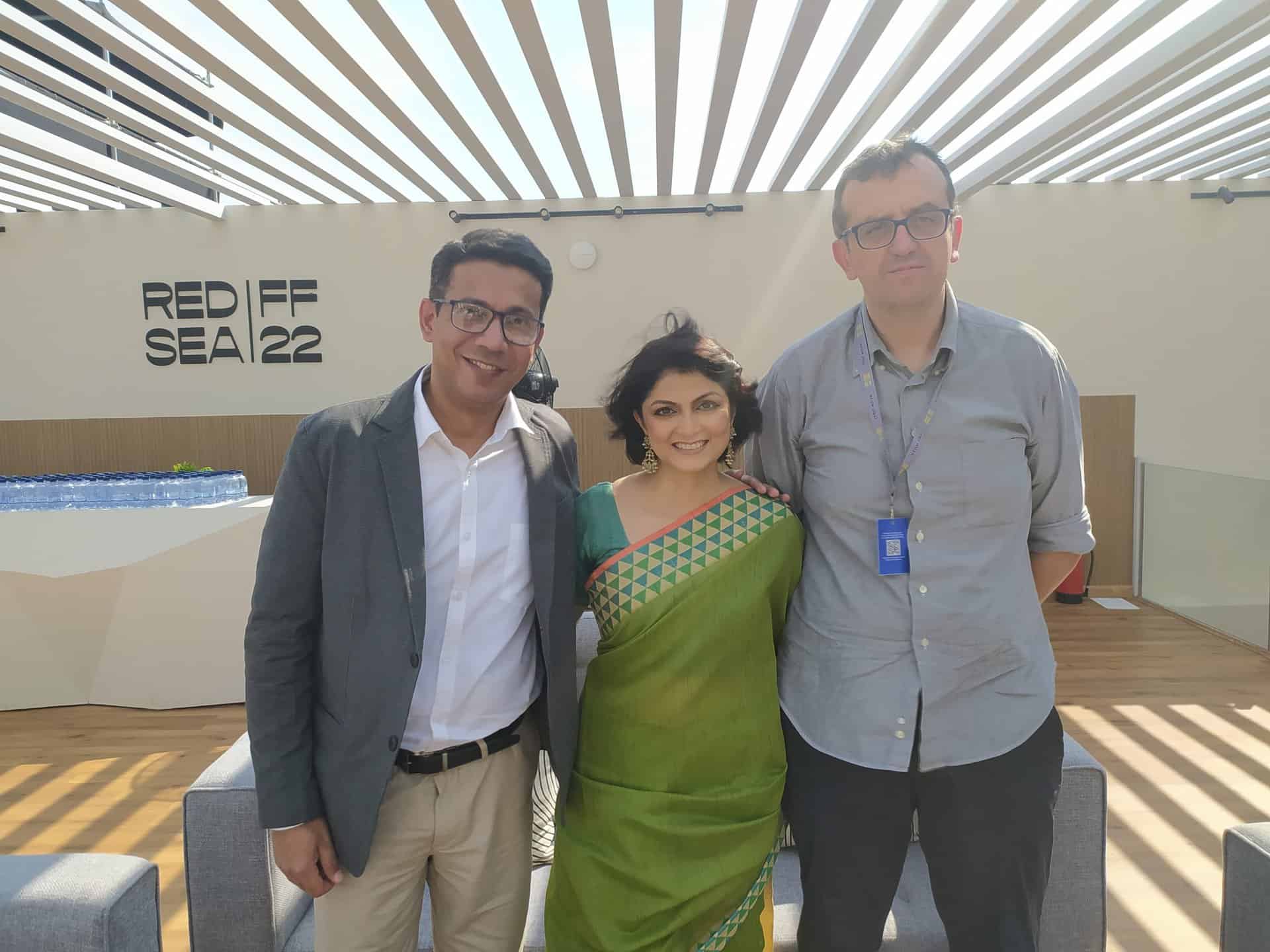







I’m wondering why Brillante Mendoza’s THY WOMB didn’t make it to this list? 🤔
The same question could be asked for hundreds of movies. These 60, however, are our choice.